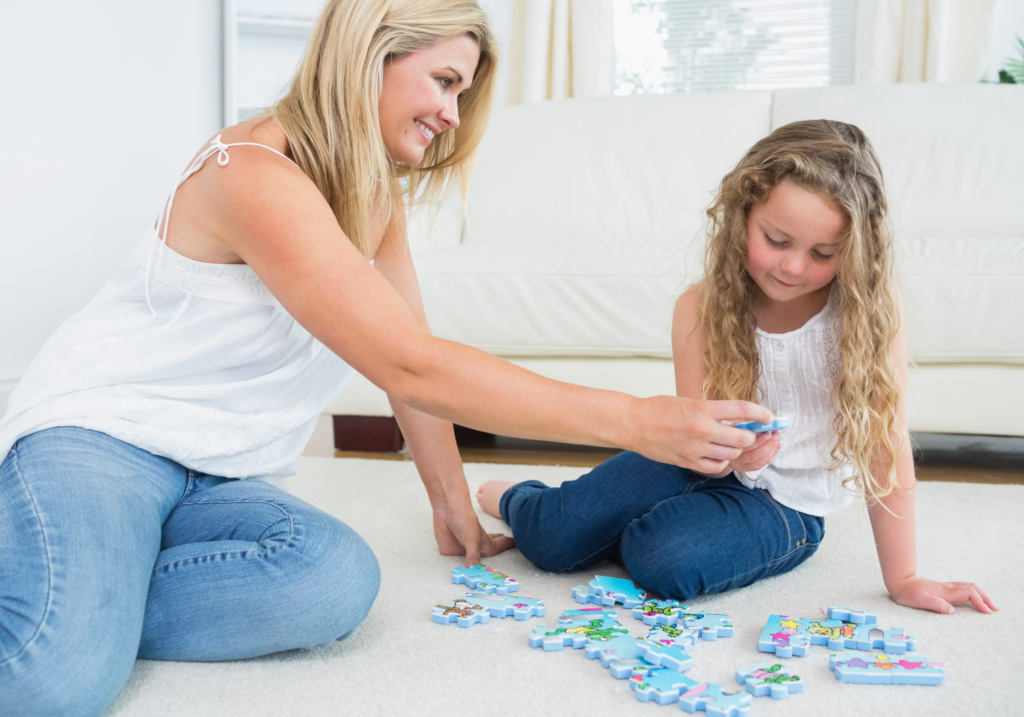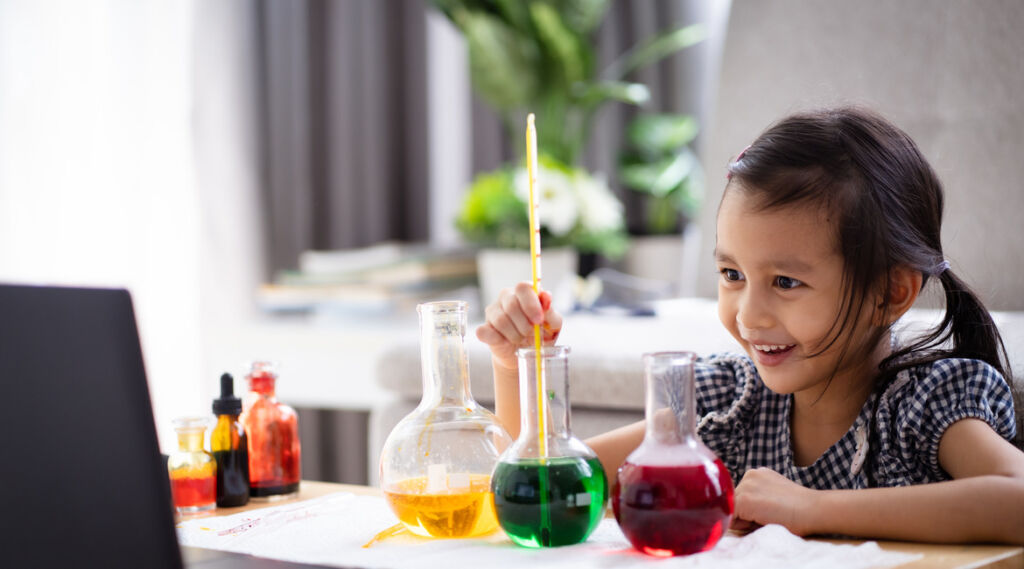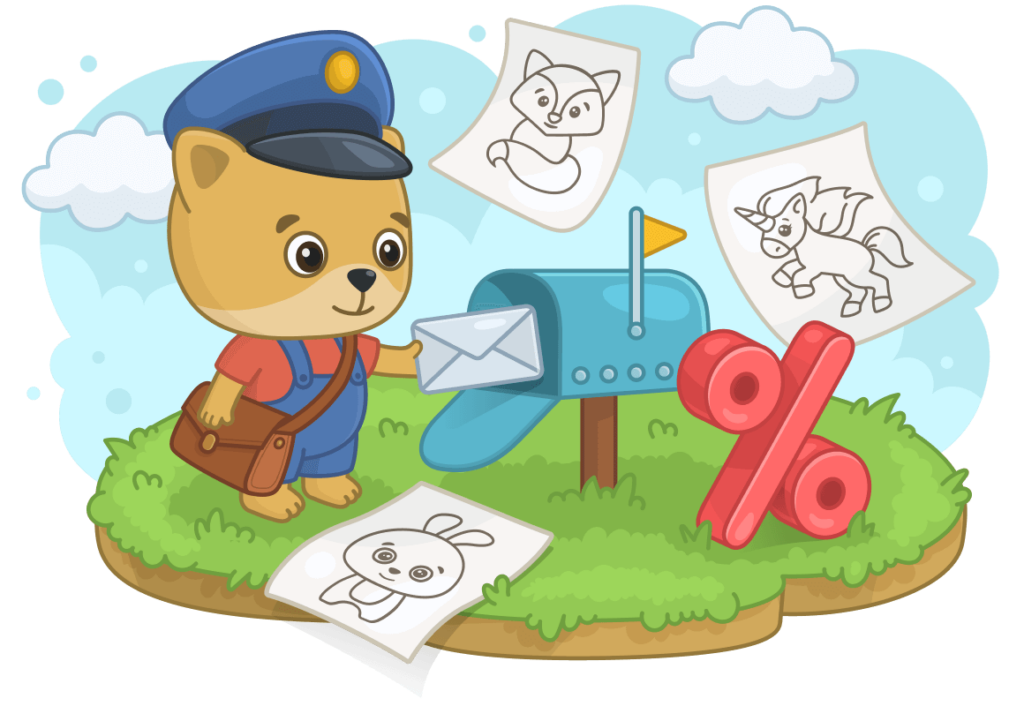Have you ever noticed how all kids are drawn to puzzles? From a very early age, toddlers are fascinated with placing wooden puzzle pieces in their correct slots, and as they grow older, they become fixated with fitting puzzle pieces together to create a picture or image. Often times, this captivation with puzzles carries over to the tween and teen years. Many adults still enjoy working on jigsaw puzzles. If you find this fascination “puzzling,” don’t. There are several logical (even scientific!) reasons why kids are drawn to puzzles, but what it boils down to is that they’re hard-wired to seek out play experiences that aid in their development.
Puzzles Develop Motor Skills
Motor skills are those skills that enable us to move our bodies in certain ways that accomplish specific tasks. Every time you climb a flight of stairs or hold a pen, you’re using your motor skills. There are two main types of motor skills: gross motor skills and fine motor skills. Gross motor skills allow us to make larger movements required for activities like walking, running and jumping, for instance. Fine motor skills allow us to perform more precise tasks like using a utensil or zipping up a jacket. How do motor skills relate to puzzles? Puzzles are particularly good tools that children can use to develop fine motor skills. Holding small puzzle pieces, placing them in specific places on a wooden board, and fitting jigsaw puzzles together train the muscles in your toddler’s hands to coordinate for the purposes of making very specific movements. This can help prepare them for other tasks later in childhood such as coloring or tying their shoes, for example.

Puzzles Improve Cognition
If you’ve ever seen a young child play with puzzles, you know that little ones love to do the same puzzle over and over again. Whereas an older child or adult might quickly become bored, toddlers have no problem entertaining themselves by solving the same puzzle multiple times. As a result, puzzles are great tools for improving a child’s memory. The more he or she plays with the puzzle, the better the memory improvement! The process of self-correction that occurs when young children attempt to complete a puzzle also enhances their problem-solving and critical thinking skills. Every time a piece doesn’t fit, they have to think about what went wrong and come up with a new strategy. Memory, critical thinking skills, and problem-solving are all critical for success in school and in life! Puzzles often center on educational themes such as the alphabet, shapes, numbers, and common animals, for example. Not only do these types of puzzles expose kids to important concepts they will need to know for school (and for life!), they also have the advantage of tapping into children’s kinesthetic and tactile way of learning. Many kids have a strong tactile learning style, meaning that they learn primarily through touch. By touching the shape of the puzzle and fitting it into position, they become more familiar with certain shapes and their meanings. Academic research supports the theory that puzzles enhance kids’ learning and development. A 2012 University of Chicago study of children ages 2 to 4 found that toddlers who played with puzzles had better spatial skills than those who do not. Researchers observed children in a natural setting while they interacted with their parents. The kids who routinely played with puzzles performed much better on a spatial assessment at the culmination of the study. The ability to mentally rotate and transform shapes is a significant predictor of academic success in school, especially in math and science. Spatial skills such as this may also indicate that kids are more likely to pursue lucrative careers in STEM (Science, Technology, Engineering and Mathematics) related fields as adults.
Puzzles Create Resiliency
Have you ever finished a challenging jigsaw puzzle? If so, you know that it’s not for the faint of heart. In fact, it takes dedication to the end goal in order to accomplish such a feat. The task of putting simple puzzles together is a similar experience for children. Even though it’s play, it still takes a great deal of effort and commitment. Through trial and error, toddlers learn that failure doesn’t mean defeat, and that there’s a payoff to trying—again and again, and again! When kids do successfully complete a puzzle, they experience the satisfaction of success, which over time builds confidence and self-esteem.
When children engage in puzzle play, they not only have a good time, but they’re also developing their motor skills, enhancing their cognitive function, and building life skills such as resiliency that will serve them for a lifetime! Kids puzzles have been around for decades, but the digital age has given young children and their parents many more options when it comes to this highly effective (and fun!) learning tool. Bimi Boo makes high-quality, educational puzzle apps for toddlers available on iPad, iPhone and Android. Give us a try today!



